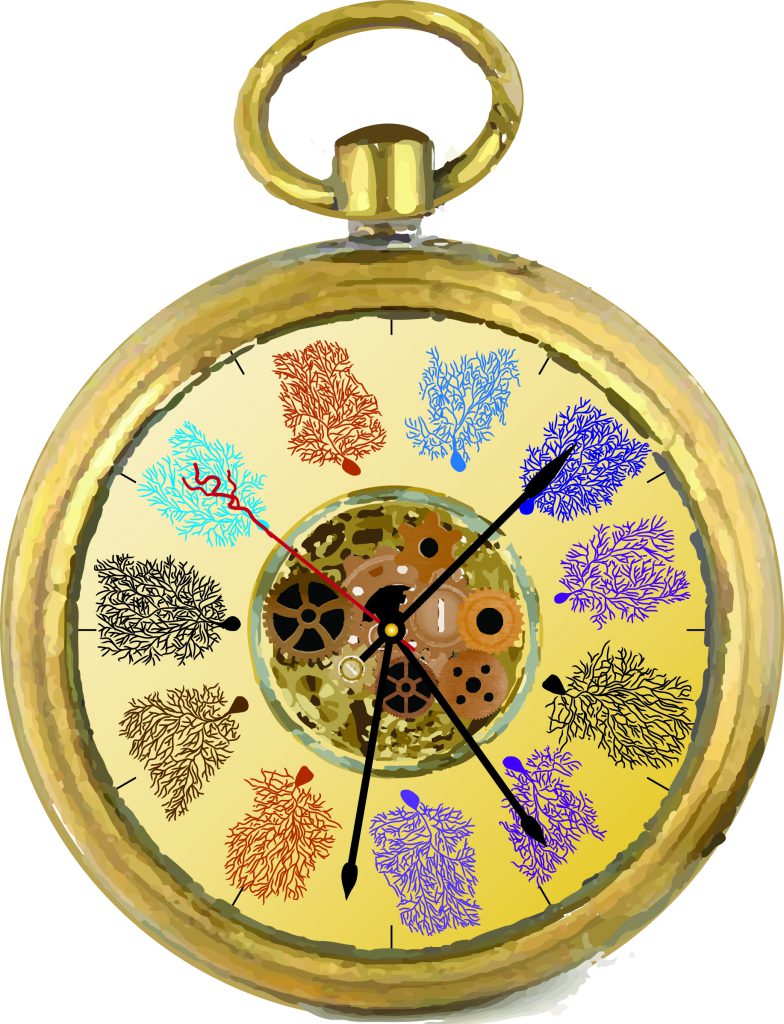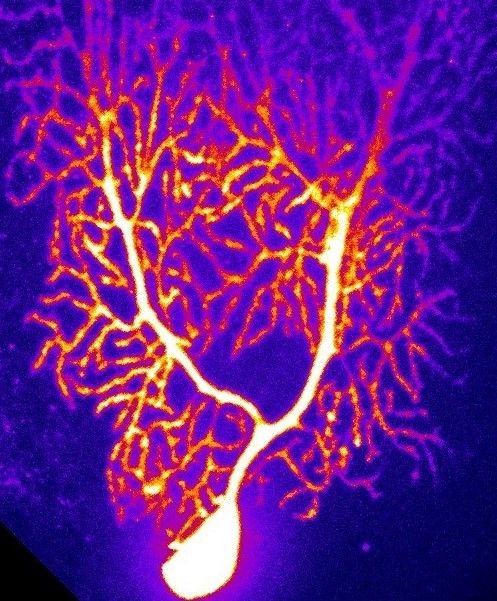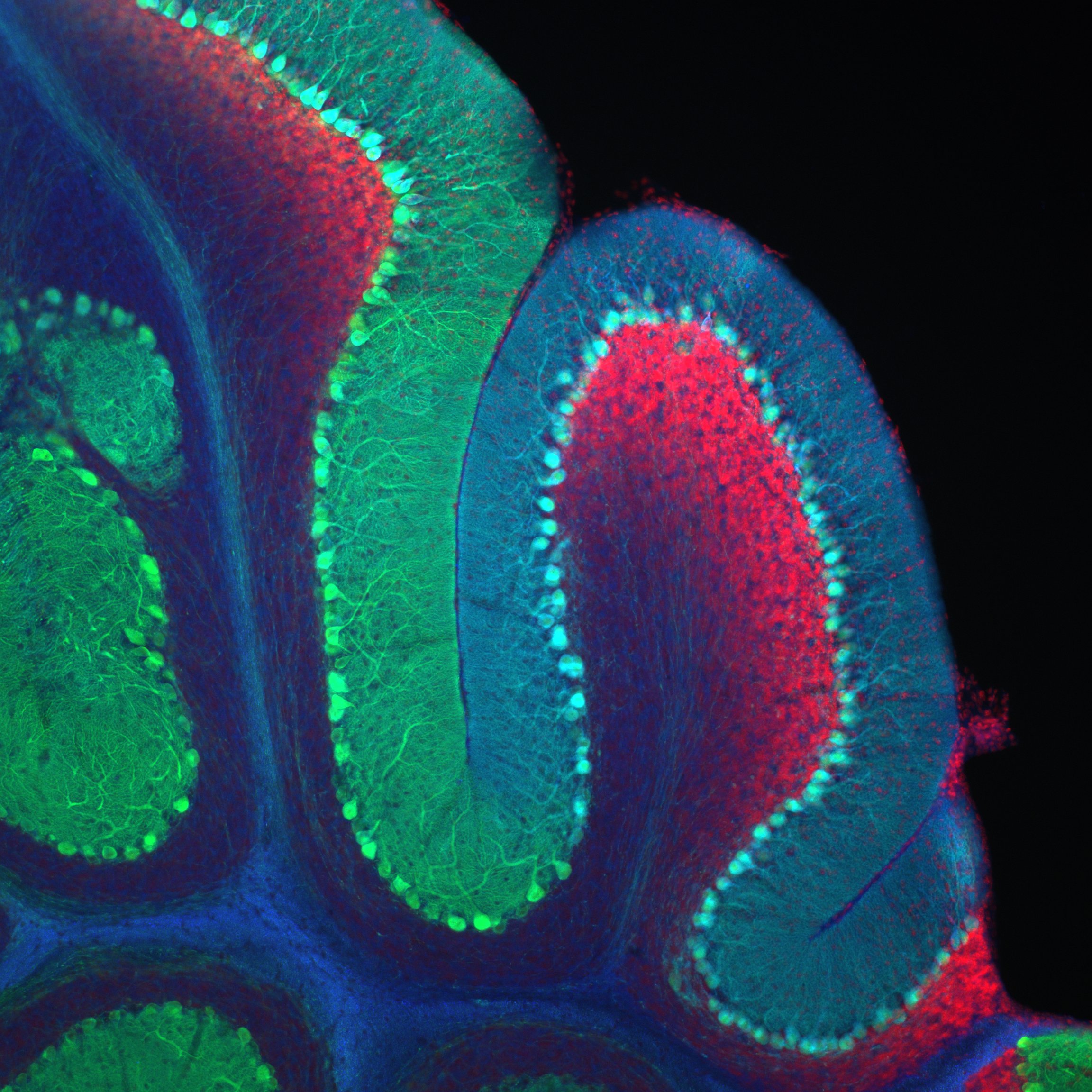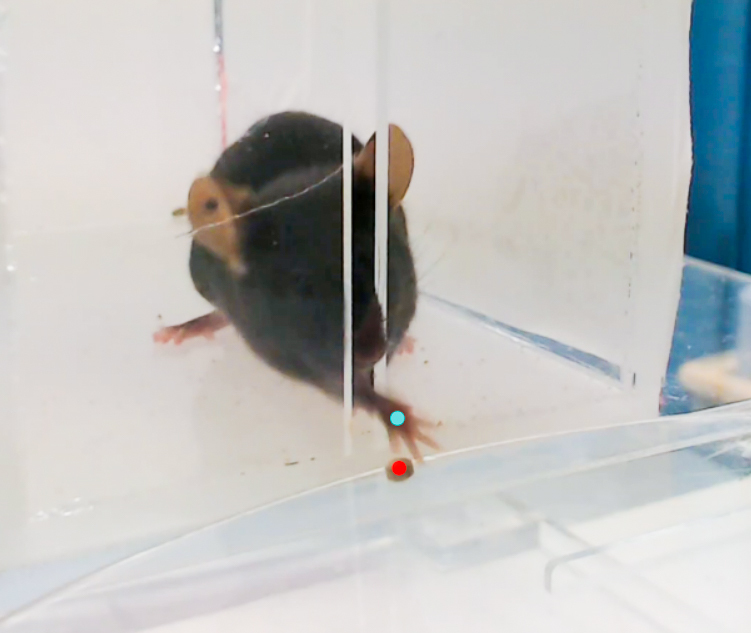
Research Interests
Our research aims to address two overarching questions:
How do synapses and cells within the brain adapt to encode learning?
How do the cellular process that support learning go awry in neurodevelopmental disorders
Our projects
Our focus is the mouse cerebellum, a unique brain region that supports both motor and non-motor functions. Under the umbrella of the broad questions listed above, we investigate the specific questions listed below

What forms of synaptic and cellular plasticity underlie the formation of memories?

What rules determine where and when plasticity will occur in a given neural circuit?

What are the molecular underpinnings of heterogeneity in plasticity?

How do cellular changes in a mouse model of Fragile X syndrome result in its behavioral phenotypes?

What role does the cerebellum play in different aspects of Fragile X syndrome?

How does stress affect the cerebellum?
Our experimental approach

Electrophysiology
Patch-clamp recordings from cerebellar neurons, with a particular focus on the properties and plasticity of Purkinje cells

Molecular methods and genetic tools
These allow us to visualize, modify, and analyze cellular and sub-cellular properties

Behavior
Induction and analysis of learned, cerebellum-dependent behaviors
